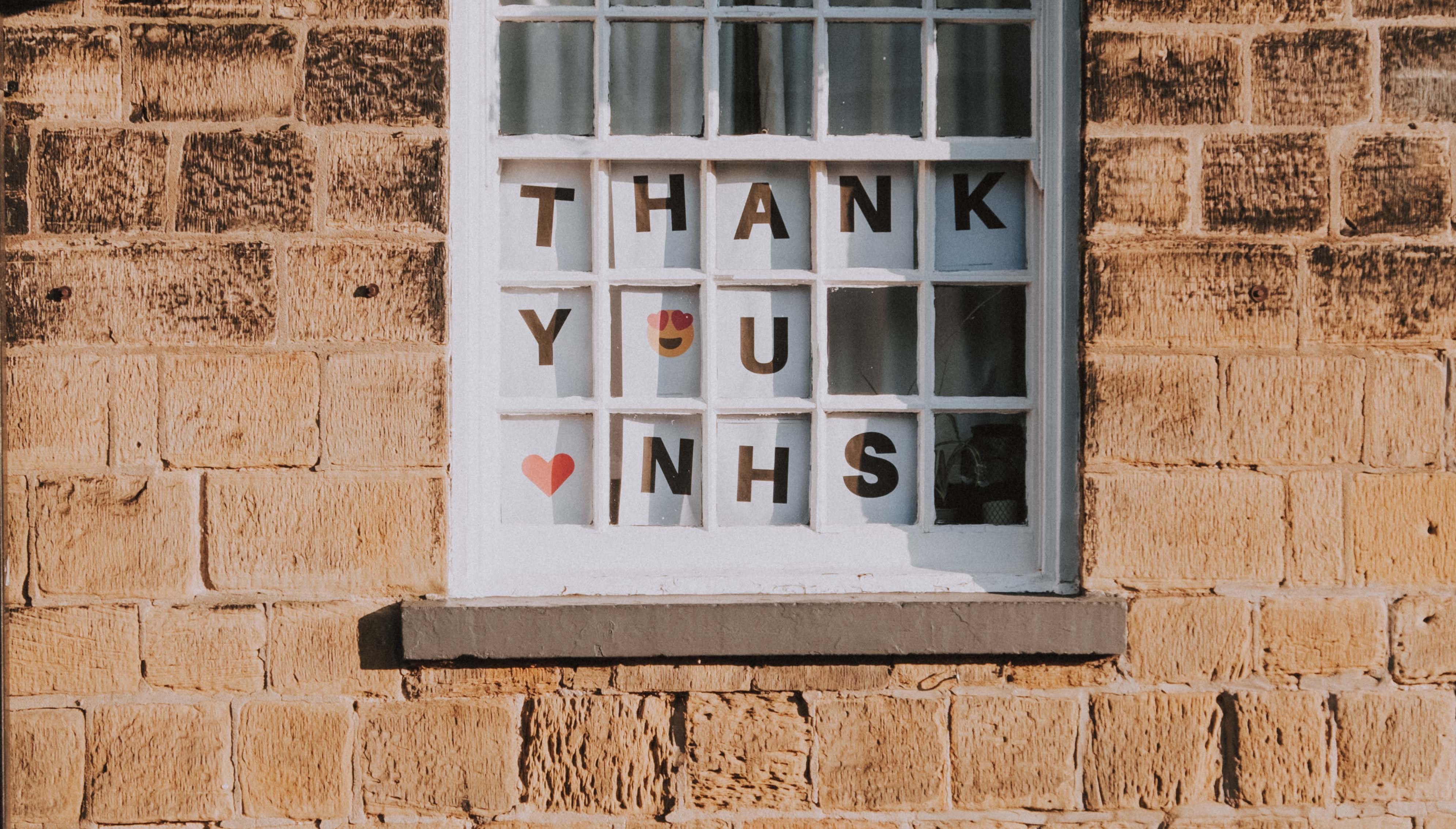The Importance of Gratitude in Times of Crisis
May 7, 2020


Alan Percy
Jan 22, 2025 16
- One of the positives to come from the coronavirus pandemic is the just appreciation for key workers, from the NHS to supermarkets
- Head of Counselling at Oxford Alan Percy explores why gratitude is so good for mental wellbeing
- Our therapists and counsellors are available to see you online during lockdown - find your therapist here
During the current coronavirus pandemic there has been a number of positive things to emerge from the crisis. Time to slow down and reflect on the important things in life. Cleaner air and quieter towns. One important positive social phenomena is the depth of gratitude the large majority of the population have expressed toward those who work in the NHS.
People initially seemed to feel a spontaneous desire to want to show their appreciation in all kinds of ways, not only the Thursday evening clapping, for the hard work and dedication of doctors and nurses. This soon extended to all those working hard in the NHS, from administrators, cleaners, drivers, lab technicians, the list is long. But as we reflect on what is 'essential' work which we are all dependent on, the list is even longer, shop workers and shelf stackers, workers on public transport, van drivers, power works, food producers, and so it goes on.
The world may be a better place if we all could be aware and acknowledge, not only in times of crisis, how much we depend on others, not only those who provide us with important services but those who are close to us. This sense of gratitude is a good antidote to the current 'blame culture', which can make us all focus on the faults and failings in others but forget the good they also do. This can make us concentrate on the negative over the positive sides of life. We can all get caught up in this negativity, as this way of thinking is part of our evolutionary development, but it can lead to a sense of embitteredness which can be bad for our mental wellbeing.
Taking time to feel and to express gratitude is helpful to those we are grateful to. It lets them know just how much they are valued and appreciated. But it is helpful to us, too, and can make a huge difference to mental wellbeing. If you are keeping a journal to help maintain your mental wellbeing during the coronavirus lock down, try to take note of these feelings of gratitude. In times of crisis, it is all too easy to become focused on the negatives. Psychology researchers tell us that expressing gratitude helps us to put situations in perspective, enables us to sleep better, makes us more emotionally resilient, strengthens our relationships, and even boosts our immune systems.
By recognising and showing one's appreciation for those who provide us with the things we need, as well as to friends, family and colleagues, it not only makes them feel good but also improves one's own mental wellbeing. Win, win! So now may be a good time to thank your refuse collector for taking your rubbish every week, no matter what the weather is like.......but only from a safe distance.
Alan Percy is Head of Counselling at the University of Oxford.

Alan Percy
Read further
